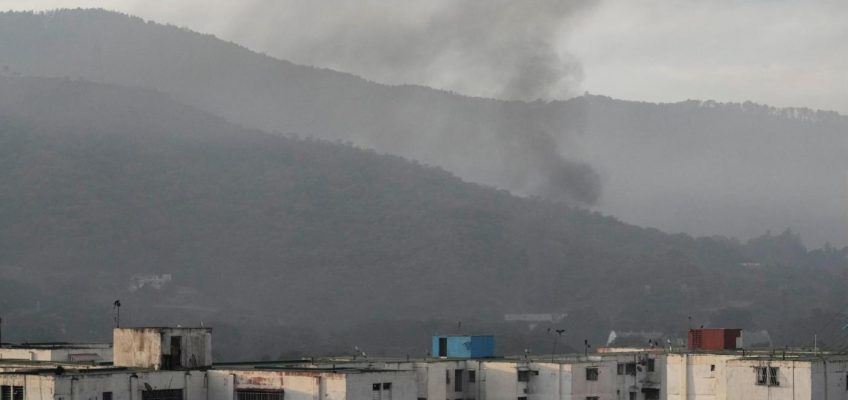If it didn’t sink in for American players and fans during the immediate aftermath of Friday’s World Junior Championship clash between the United States and Finland, the postgame playing of the Finnish national anthem and the raising of that country’s flag in St. Paul’s Grand Casino Arena made the host’s fate indelible.
There would be no third consecutive title, no hoisting of the championship cup over heads, no giddy laughter or shouts of joy.
The Finns — 4-3 winners in overtime on Friday — would continue on to face Sweden in the first semifinal game at 3:30 p.m. Central on Sunday in St. Paul. Canada faces Czechia in the other semifinal at 7:30 p.m.
Team USA always had a touch of the underdog in this tournament, its goaltending unproven at the under-20 level and its team defense questionable as it allowed 15 goals in four games entering the medal round. The fans that showed up were enthusiastic, but the arena was perhaps half full Friday, failing to provide a true hornet’s nest for the Finns to endure.
Injuries also played a significant role in the Americans’ downfall.
Forward Trevor Connelly, an NHL first-round draft pick and a veteran of the 2025 WJC team, was lost during a pre-tournament game. Star defenseman Cole Hutson, the team’s playmaking engine, missed two and a half games after being hit in the neck with a shot.
Forward Max Plante, U.S. college hockey’s leading scorer, exited the penultimate pool-play game with an undisclosed injury and never returned, although coach Bob Motzko said a semifinal appearance by the Minnesota-Duluth standout would have been likely. To cap it off, penalty-killing whiz Brendan McMorrow suffered a broken finger while blocking a shot against Finland and didn’t play the last half of the game.
“It’s going to sound wrong to say, but injuries really played a huge part,” Motzko said. “Our guys kept battling through but then we lost McMorrow. Crushing.”
Having third-string goaltender Brady Knowling make his WJC debut against a strong Swedish team during pool play’s last game was a decision roundly questioned after he surrendered five goals on 28 shots and was pulled after two periods.
Motzko’s opinion seemed to be that finishing first in the group wasn’t crucial, because the U.S. would have to beat strong teams regardless in the medal round. Had the U.S. beaten Sweden and finished first, however, it would have faced Latvia, pool B’s fourth-place team, in the quarterfinals.
A semifinal loss to Canada would have been more palatable to U.S. fans and offered their team a shot at a bronze medal.
The U.S. played with energy throughout Friday’s contest but also committed myriad turnovers and, at times, seemed puzzlingly casual with the puck.
“We had a better pace of play in the game, and we did the small things better that usually have a winner and a loser,” Finnish coach Lauri Mikkola said. “Do you have a stick on the ice, how you battling, how you going to the net, how you going (back into) your own zone?”
U.S. goaltender Nick Kempf bailed his team out repeatedly but gave Arttu Valila a bit too much to shoot at on the winning goal, blasted from a sharp angle at the bottom of the right circle.
At the other end, Finnish goaltender Petteri Rimpinen — nicknamed “Showtime” for his propensity to make stunning saves — was his usual strong self and gave his team the confidence it needed to grind past the Americans on their home ice.
“He takes up a lot of space, but we missed the net a few times that were critical and we needed to make him work more,” Motzko said.
The coach said that, although he addressed his team during Friday’s disappointing aftermath, words come up short in such a moment.
“They don’t remember what I said,” Motzko noted. “All you did was walk around the room and hug them all.”
The next IIHF World Junior Championship will be held in Edmonton and Red Deer, Alberta, beginning on the Canadian holiday known as Boxing Day. The Americans can only hope to not absorb a repeat punch to the gut and watch another nation’s flag raised to the rafters.
Related Articles
Danila Yurov signals his Wild ‘adaptation’ is over
Shipley: Gophers can’t spin Koi Perich’s decision to enter portal
Wisconsin-River Falls football: North Central is a dynasty, but D3 title game isn’t David vs. Goliath
Quinn Hughes puts on a show as Wild dump Ducks
World Juniors: Finland stuns U.S. in overtime




